Bar association legal aid services
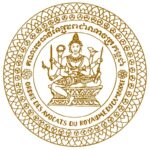
The Bar Association of the Kingdom of Cambodia (the Association) is a non-governmental institution for Cambodia’s lawyers. In keeping with Article 24 of the United Nations Basic Principle on the Role of Lawyers, the Association represents lawyers’ interests, promotes their continuing education and training, and ...
Legal aid providers

Legal aid is provided either by the Bar Association of the Kingdom of Cambodia (BAKC), internationally funded Non-Governmental Organizations (NGOs) and public interest law firms. A special legal team under the supervision of the Prime Minister, aiming to assist impoverished women, particularly those in prison, ...
Legal aid policy and regulation
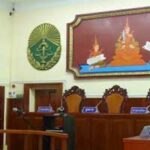
Public policies are a system of laws, regulatory measures, and plans of action implemented by the government to ensure that its functions are performed predictably and consistently.45 Policies typically outline the guiding principles of an operation; meanwhile, regulations set procedural expectations. Currently, there are no ...
Bilateral development assistance
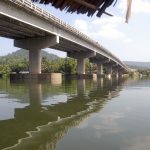
Phum Doung Bridge over the Tatai River. Photo by Robert Tyabji, taken on 9 December 2010. Licensed under CC BY-NC-ND 2.0Bilateral aid is assistance given by a government directly to the government of another country or to a local NGO. The Royal Government of Cambodia ...
Development policies and administration
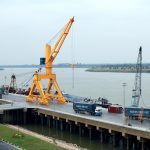
Products from Vietnam arrive at the Phnom Penh Autonomous Port in Kandal Province. Photo by World Bank Photo Collection, taken on 23 February 2013. Licensed under CC BY-NC-ND 2.0The Comprehensive Cambodian Peace Agreement, commonly referred to as the Paris Agreement, is seen as the beginning ...
Court monitoring
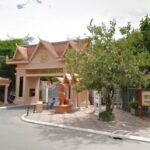
Respect for strong values is the key to citizens’ trust in their courts.191 The international values recognized for judges are independence and impartiality, integrity, equality of treatment, diligence and competence. A judge cannot both decide a case and have a personal interest in its resolution. ...
Renewable energy production
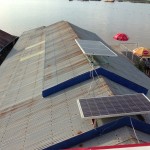
Renewable sources of energy include biofuels, solar, wind, tidal and geothermal energy. Fossil fuels such as petroleum or coal are not renewable. ...
Science and technology education and promotion

Cambodia recognizes the important role of science and technology in the 21st century and aims to transform and integrate technology into its human resources through the education sector. Various policies and strategies are implemented to achieve the goal such as Policy guidelines for New Generation ...
Energy policy and administration
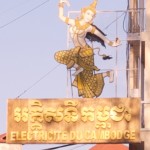
Electricite du Cambodge (EdC). Photo by bmeabroad, taken on 10 November 2011. Licensed under CC BY-NC-SA 2.0.Low electrification rates and over-dependence on fossil fuel imports have contributed to Cambodia ranking 120 out of 124 nations in the new World Economic Forum’s Global Energy Architecture Performance Index ...
Economy and commerce
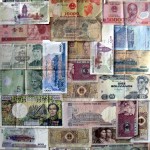
Counting money. Photo by Aaron Gilson, taken on 5 April 2013. Licensed under CC BY-NC-ND 2.0.Cambodia re-opened for international trade in the 1980s, opened up to foreign investment in 1994, joined ASEAN in 1999, and became a member of the WTO in 2004. Its bilateral ...
Banking and financial services
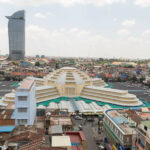
According to the Annual supervision report 2020 by the National Bank of Cambodia (NBC), the key bodies in the banking system consists of:51 commercial banks12 specialized banks75 microfinance non-deposit taking institutions6 microfinance deposit-taking institutions245 rural credit institutionsIn addition, there are financial leasing companies, third-party processors, ...
Major banks
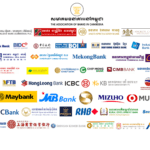
In 2020, COVID-19 severely impacted both the global and Cambodia economies. The banking system in Cambodia is also affected but at a moderate and manageable level.492 The National Bank of Cambodia (NBC), Cambodia Microfinance Association, and other relevant institutions pointed out the rate of the ...
Social land concessions
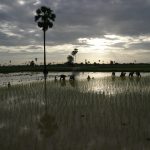
Social land concessions (SLCs) are intended to provide to the landless or land-poor land on which to establish residences and/or generate income through agriculture. The Cambodian Government that more than 30,000 households have received land as social land concessions. Despite its pro-poor intention, the SLC ...
Economic policy and administration
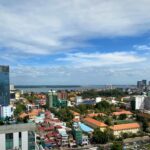
After the first general election in 1993, the government prepared and implemented a comprehensive micro- and macroeconomic policy and structural reform program to integrate Cambodia’s economy into the region and the world as well as stimulate its economic growth.514 In the two decades following that ...
SDG 18 Cambodia mine/ERW free
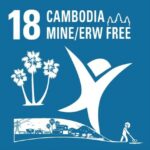
Cambodia has added an 18th goal to its localized version of the Sustainable Development Goals (SDGs) – “End the negative impact of mines/ERW and promote victim assistance”.620 The SDGs were adopted by all United Nations member states in 2015 as a universal call to action ...



